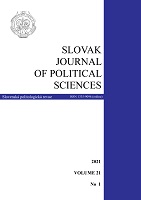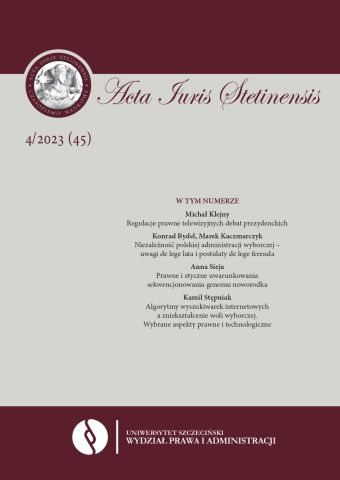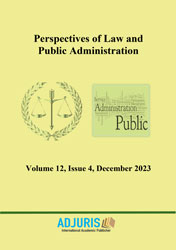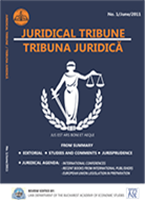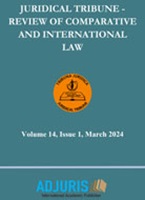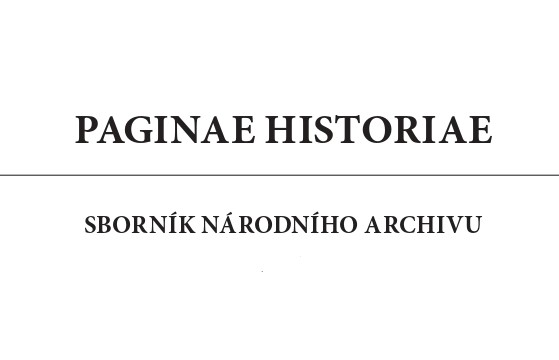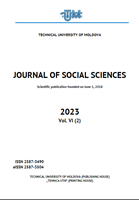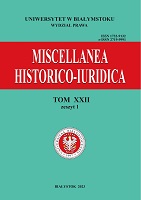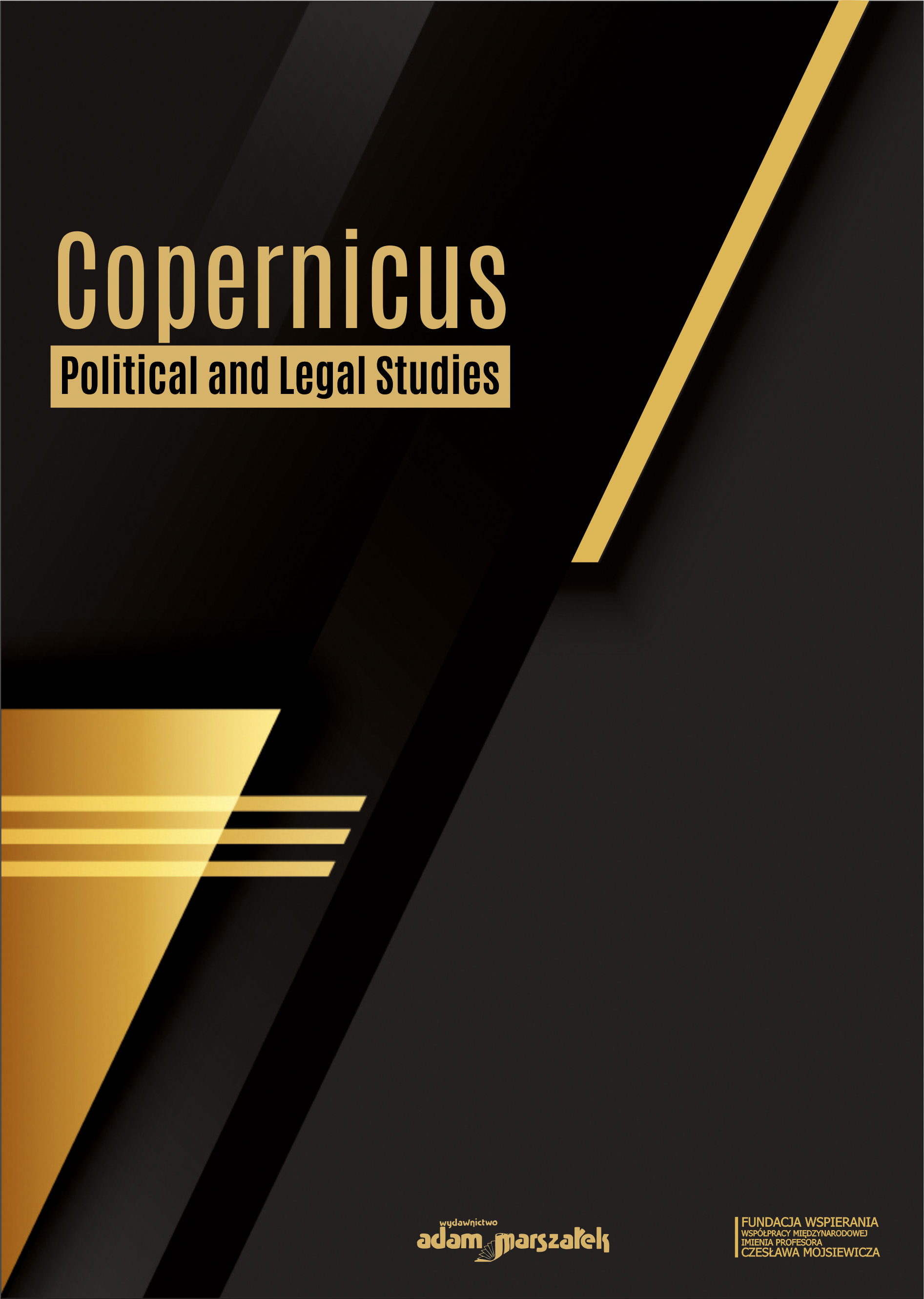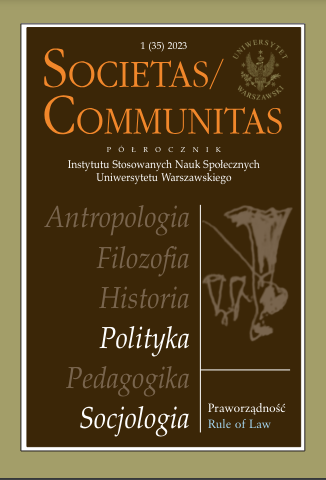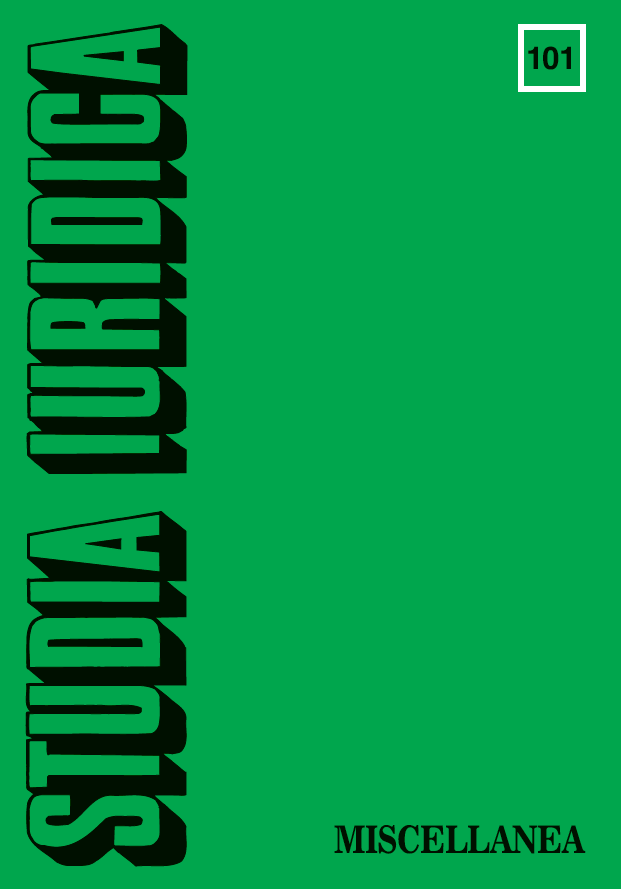Author(s): Oksana SHCHERBANYUK,Vіtalii Gordieiev,Laura Bzova / Language(s): English
Issue: 1/2023
One of the main elements of the rule of law is the principle of legal certainty, which provides, inter alia, that in any dispute, a court decision that has entered into force cannot be called into question. The subject of the most discussed today constitutional principle of legal certainty is today seen as a structural element of the rule of law, necessary for the stabilization of legal relations and systems in which the judiciary and courts play an important role. The principle is the main commandment of the system, its true basis; disposition, which radiates different norms, composing their spirit and serving as a criterion for their precise understanding and reason, precisely because it determines the logic and rationality of the normative system, in that it gives it a tonic and gives it a harmonious meaning. The principle is a constitutional category, and there are several that relate to the process. The purpose of this article is to highlight the need to adhere to the principle of legal certainty in various aspects of foundation and understanding that cover a modern topic, starting with the undeniable theoretical and conceptual evolution of its basis and evaluative nature, which, in a more complex and complex form, years has meant a kind of set of content and conditions that are interrelated for the regulation of life between individuals and state institutions, which is a guarantee of the stability of law. The case is relevant because of the complexity of the relations prevailing in the postmodern world, with undeniable insecurity and unpredictability today, especially in the political, social, economic and legal spheres, the reflexes of which in law are even more obvious. From the constitutional principles of equality and justice follows the requirement of certainty, clarity and unambiguity of the legal norm, as otherwise can not ensure its uniform application, does not preclude unlimited interpretation in law enforcement practice and inevitably leads to arbitrariness. Legal certainty is becoming an increasingly important and significant factor in law-making and law enforcement processes. Numerous decisions of the European Court of Human Rights against Ukraine, which have a direct indication of non-compliance by the state with this principle, allow us to qualify the commented legal idea as a fundamental and independent phenomenon. Legal certainty, as it follows from the texts and interpretations of judges, means clarity, certainty and accessibility of the legal standard.
More...

